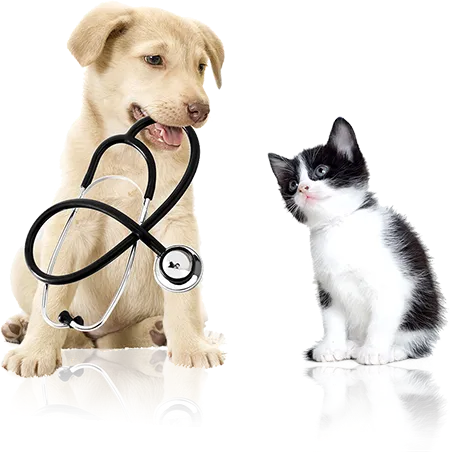When examining a blood panel, a veterinarian may report to the owner that a pet has hypercalcemia, which is an elevated level of calcium in the blood. The owner often then wonders if there is too much calcium in the pet's food or in the vitamins or supplements the pet is taking. Ingesting calcium in
Read more-
Calcium is Not Always Good
Category: Newsletter Library, Pet Dangers
Our Location
--mi
Primary Location
Address
700 Route US 6
Shohola, Pennsylvania 18458, United States
Contact Information
(570) 409-3565
